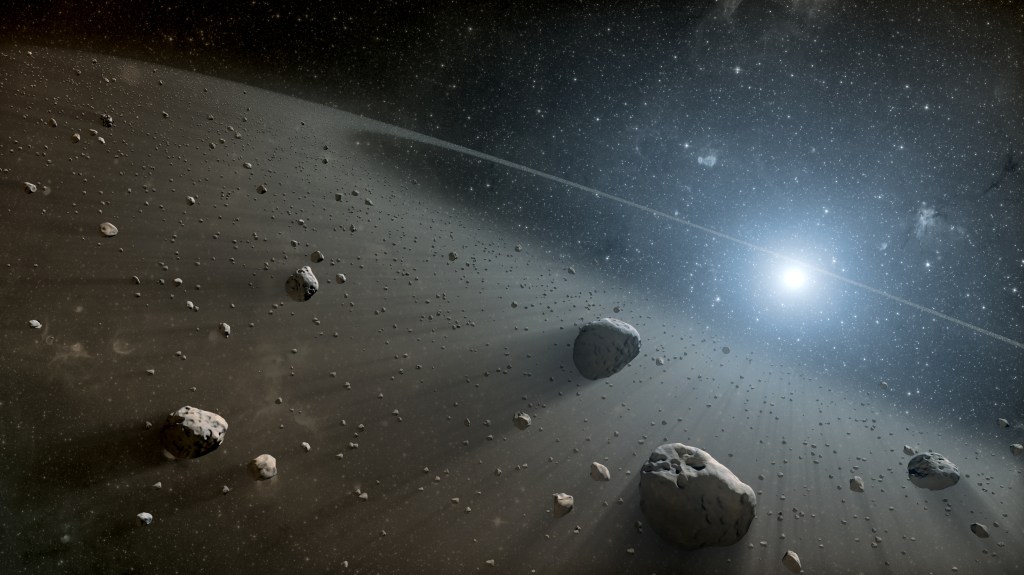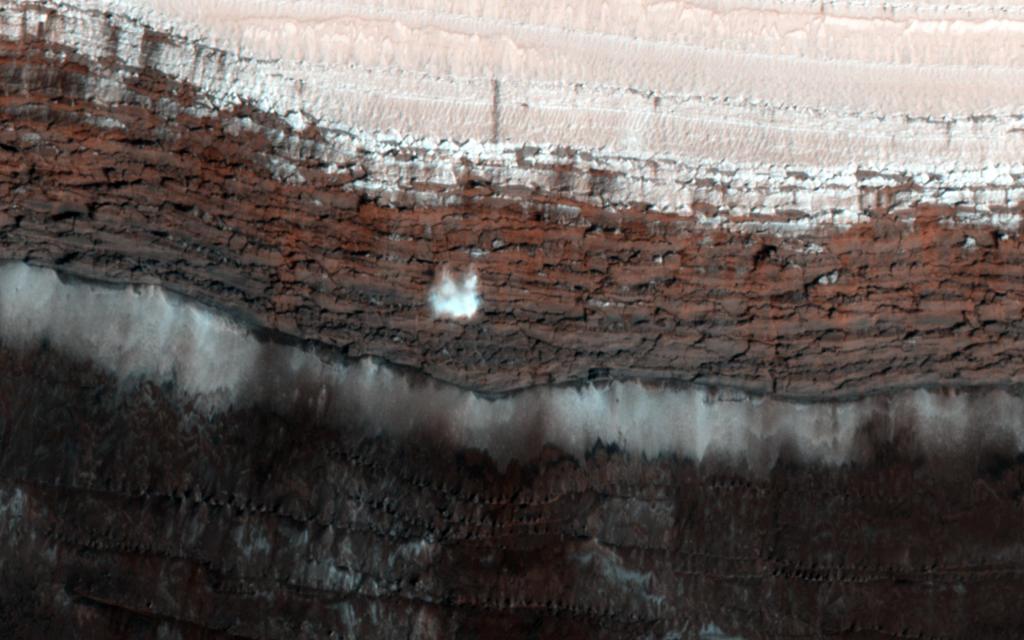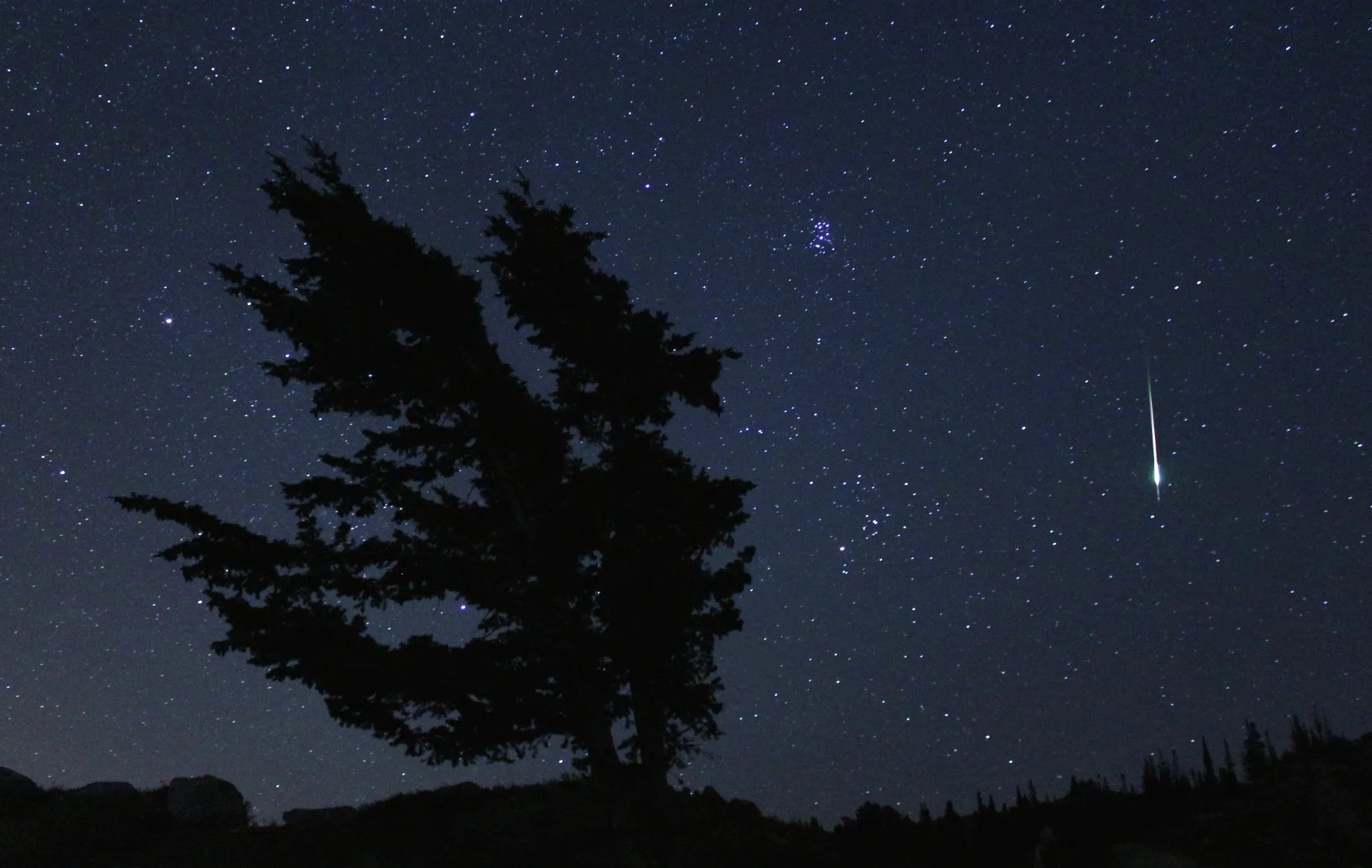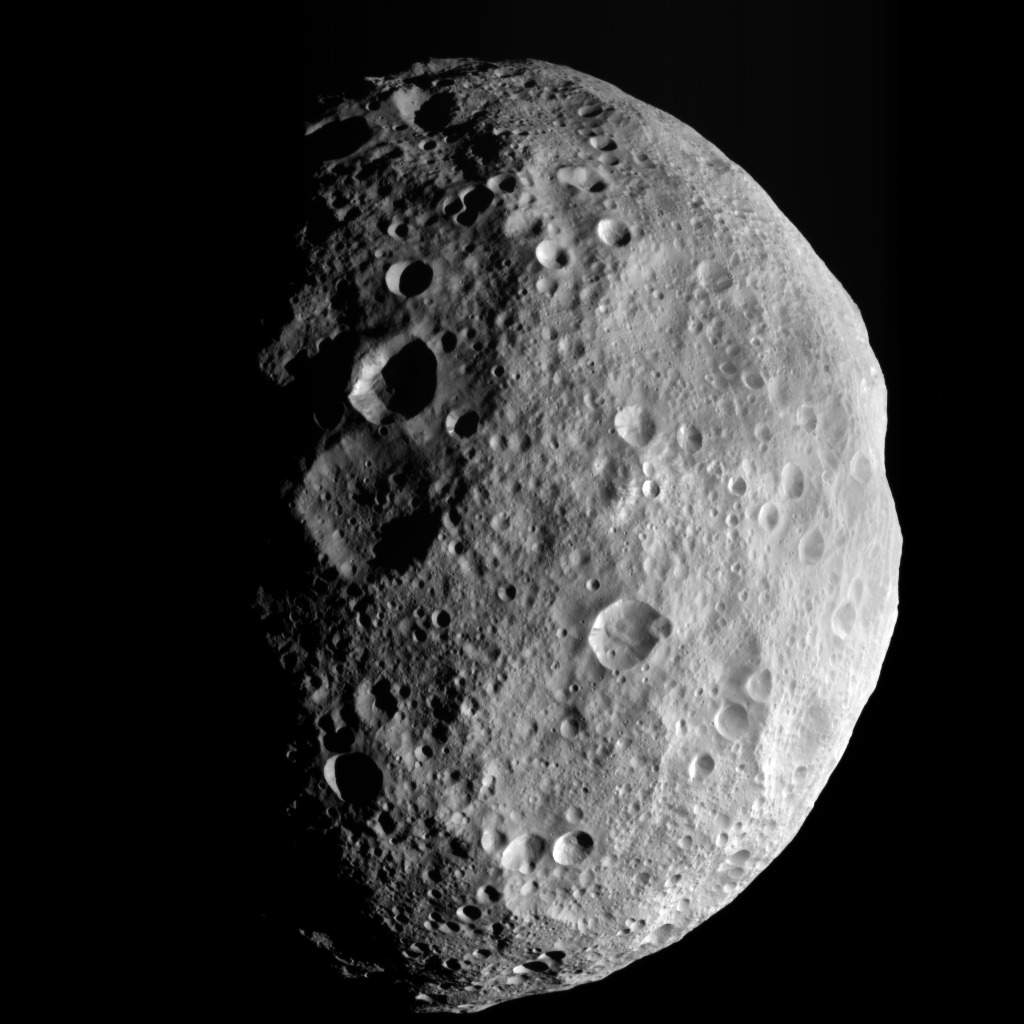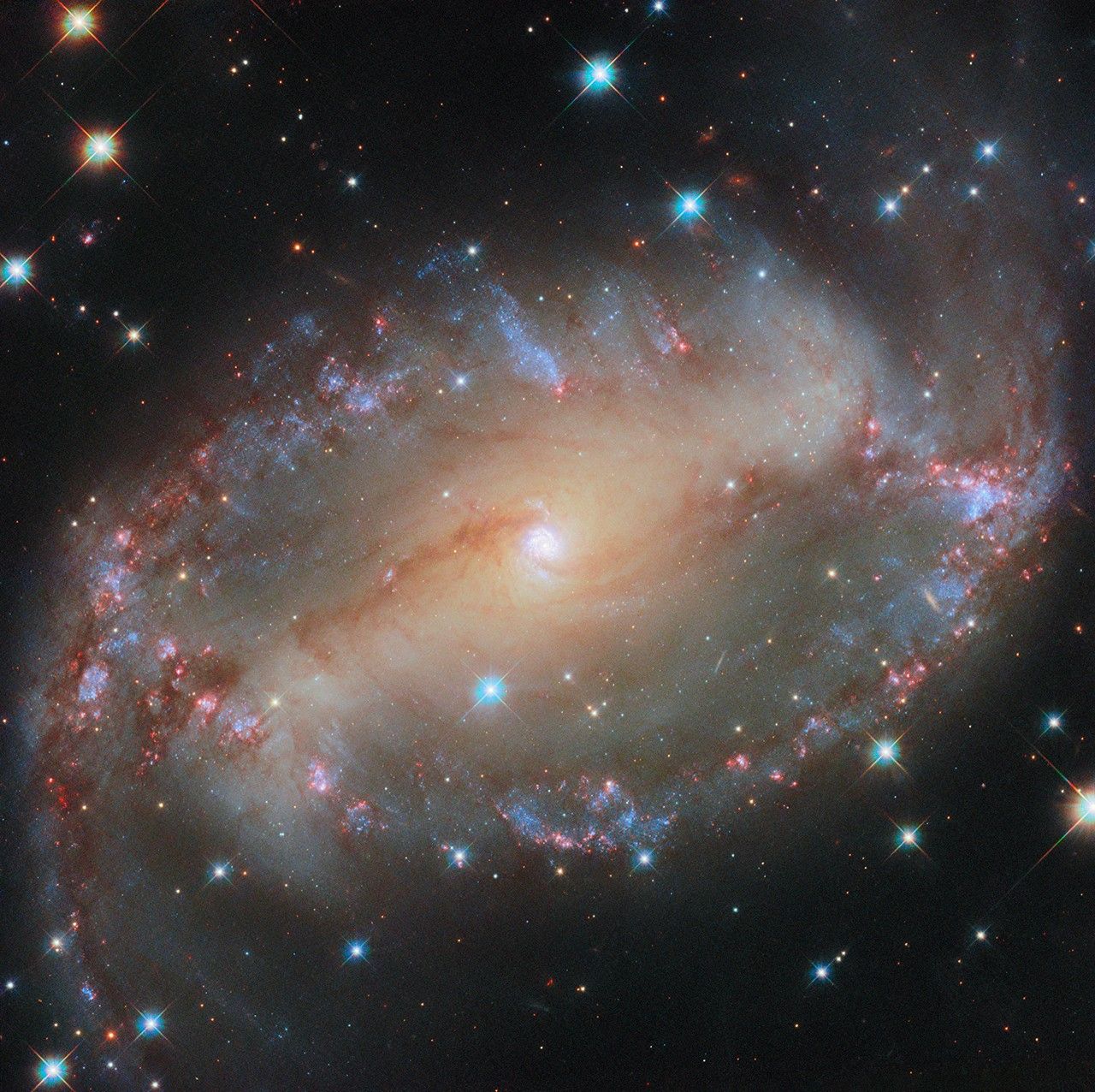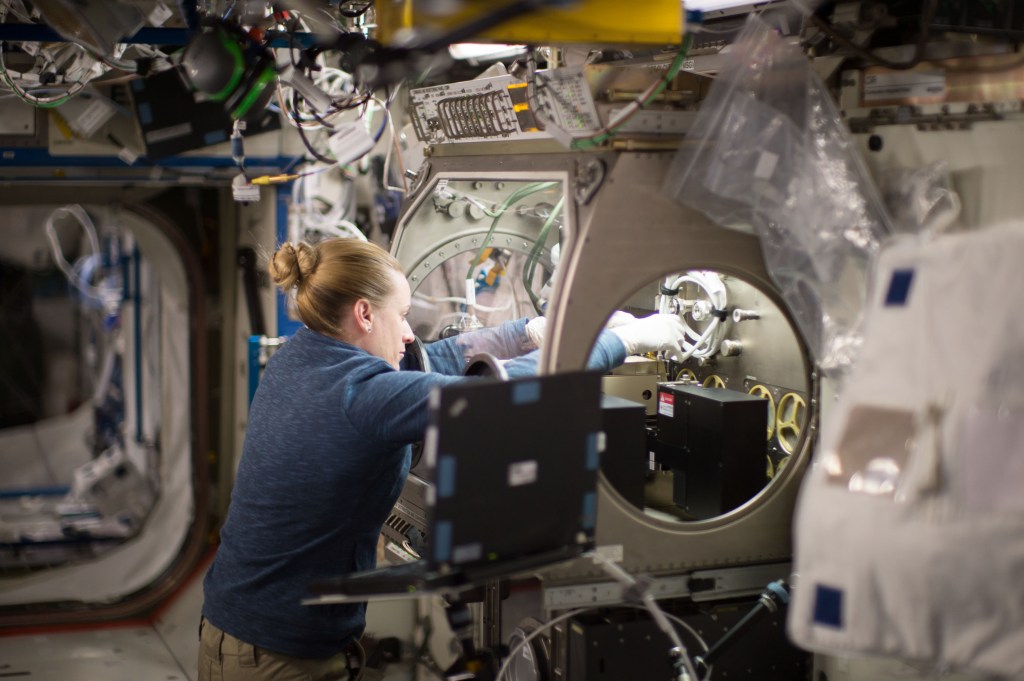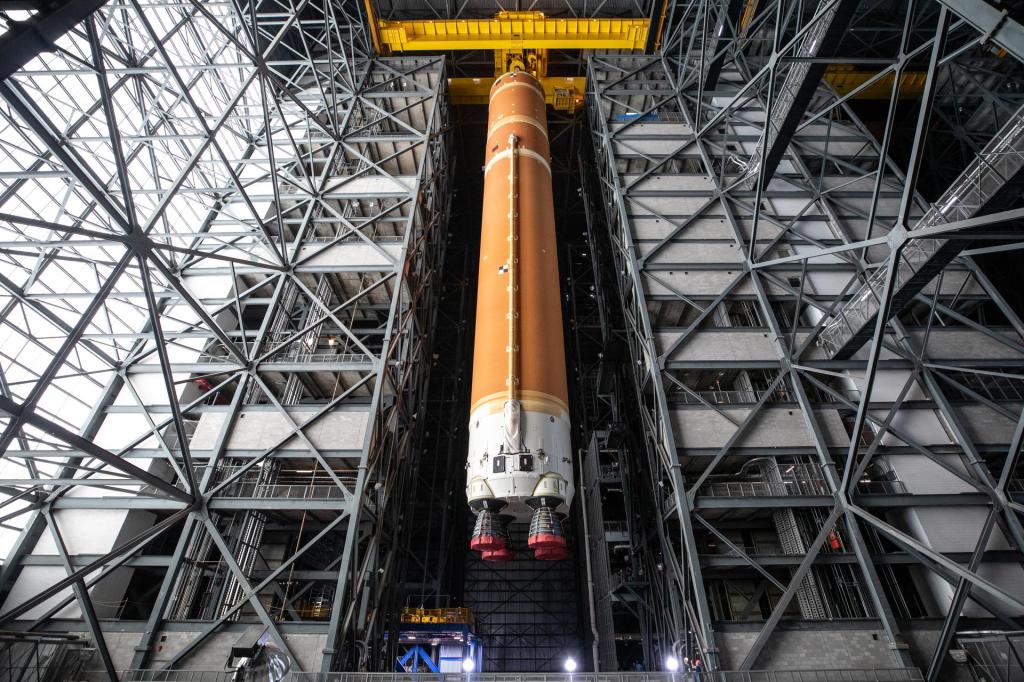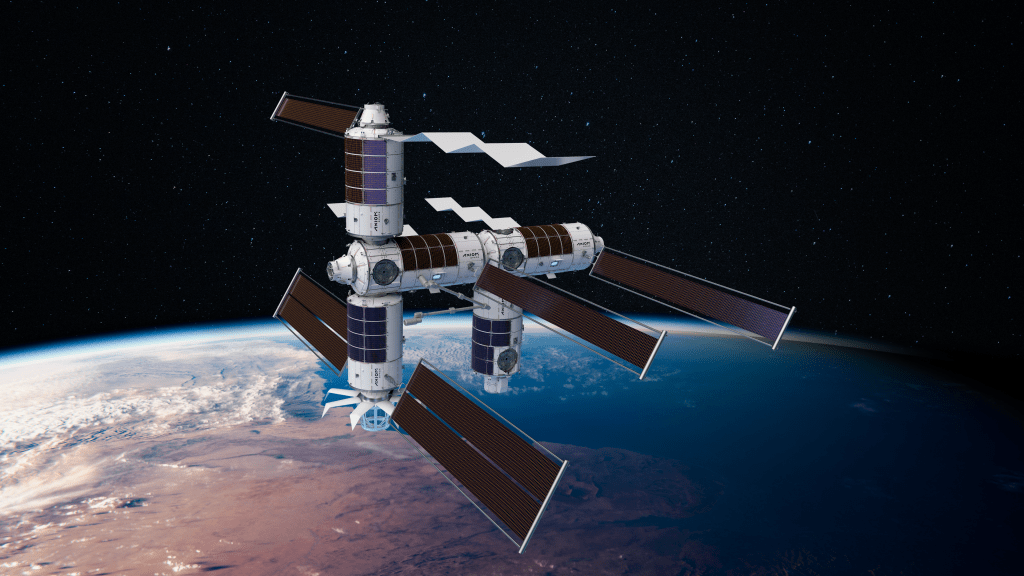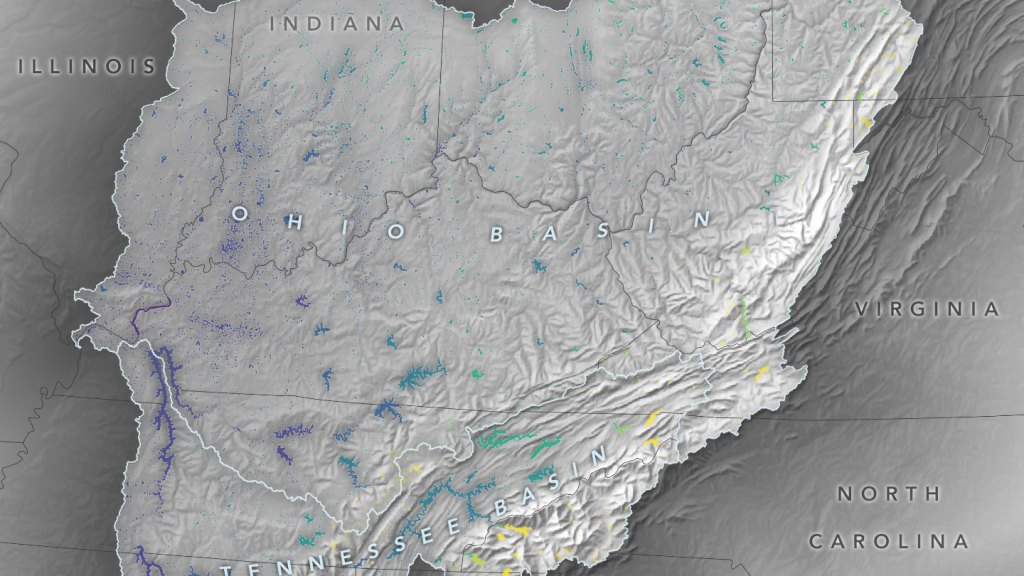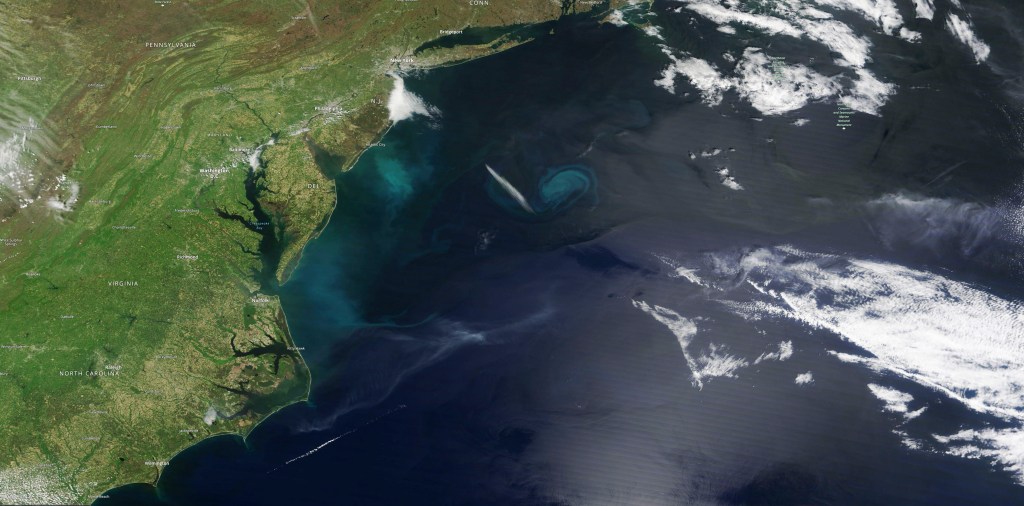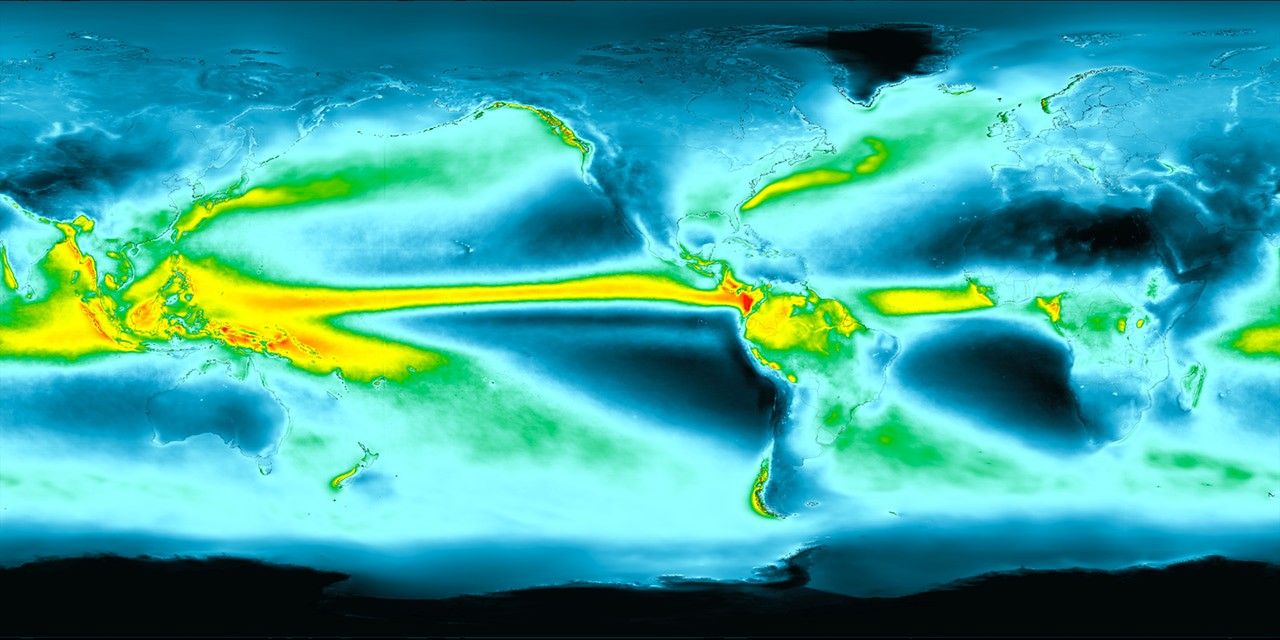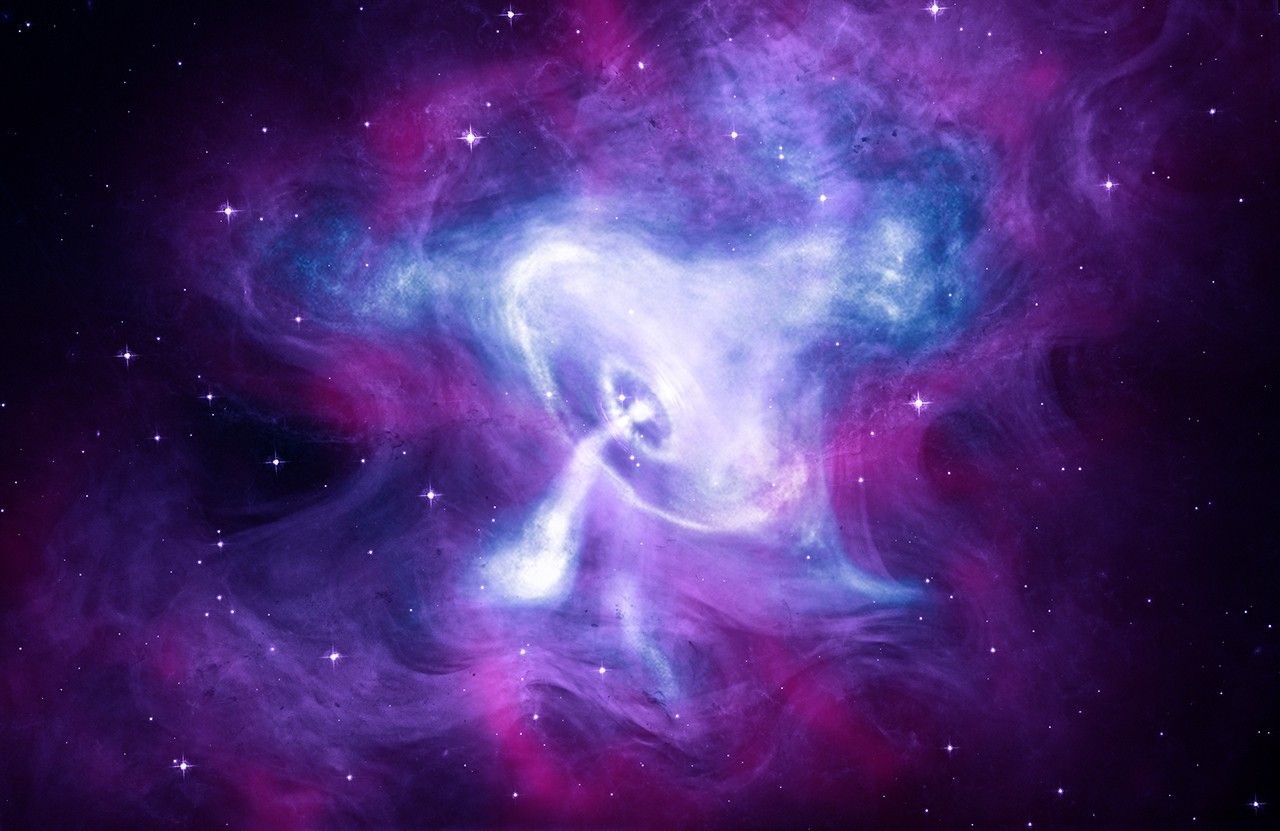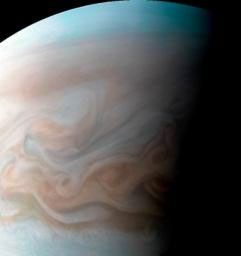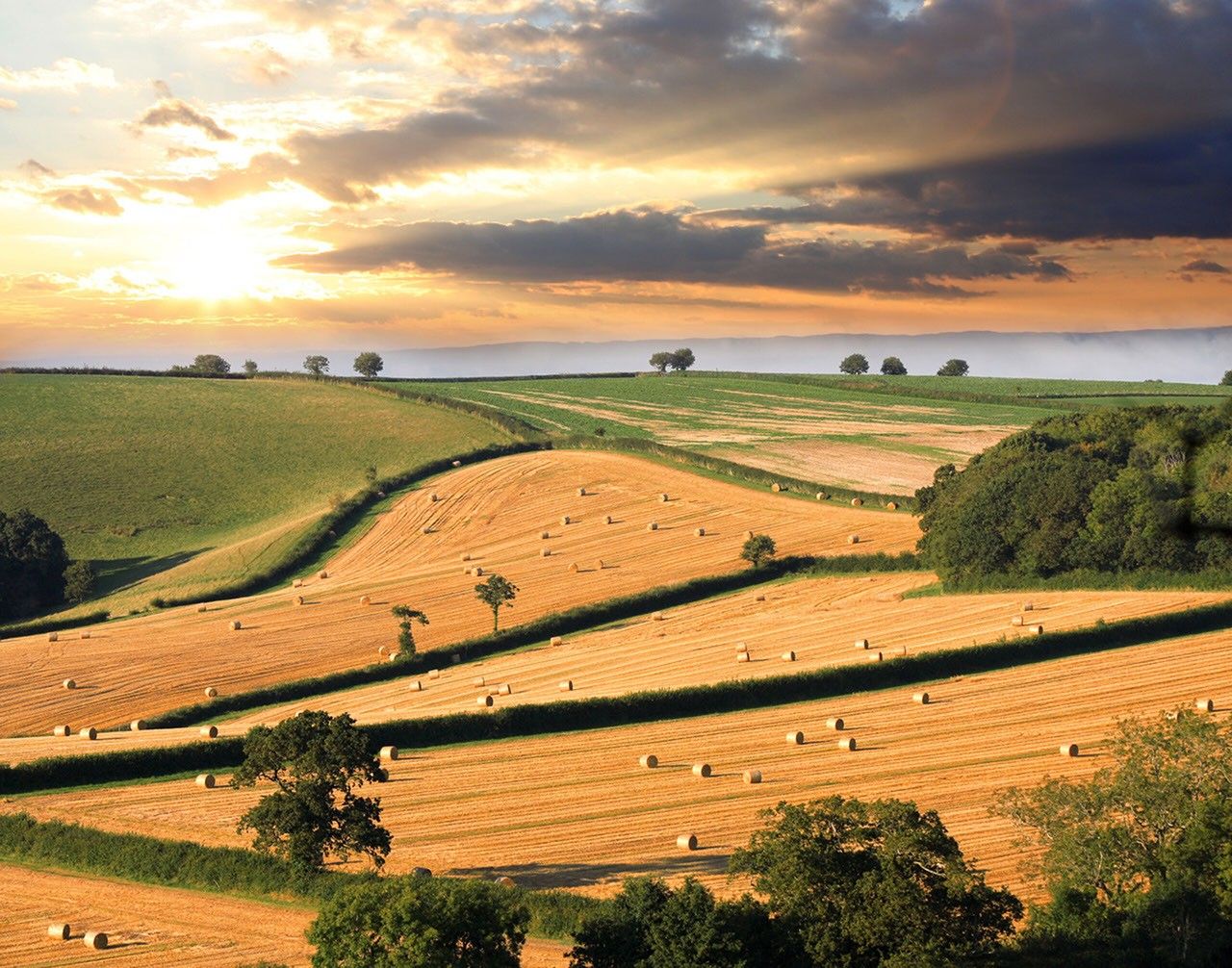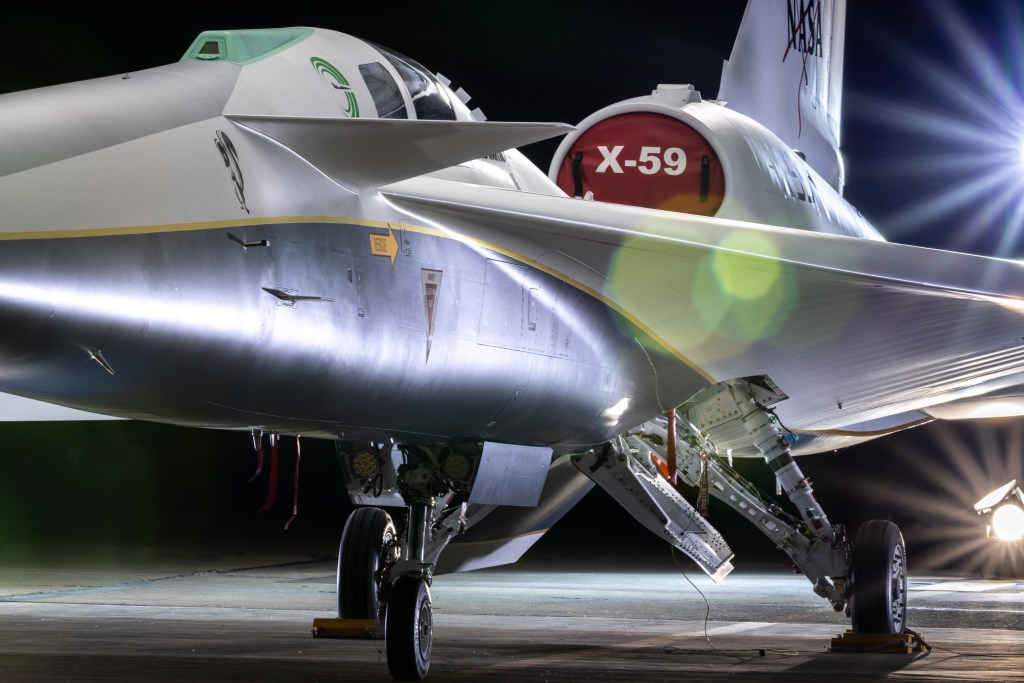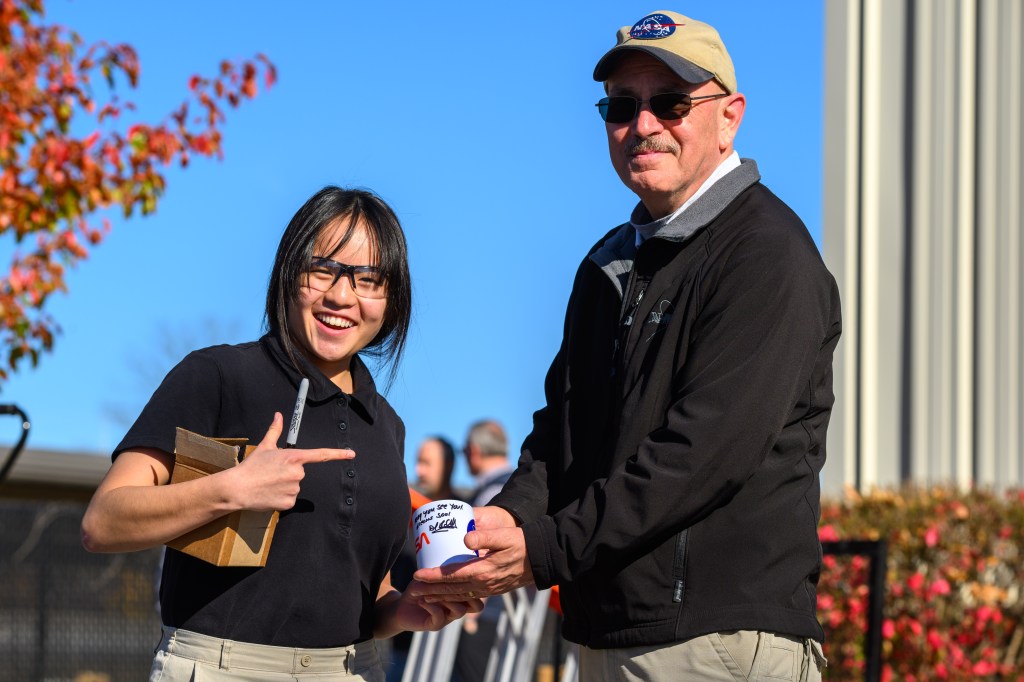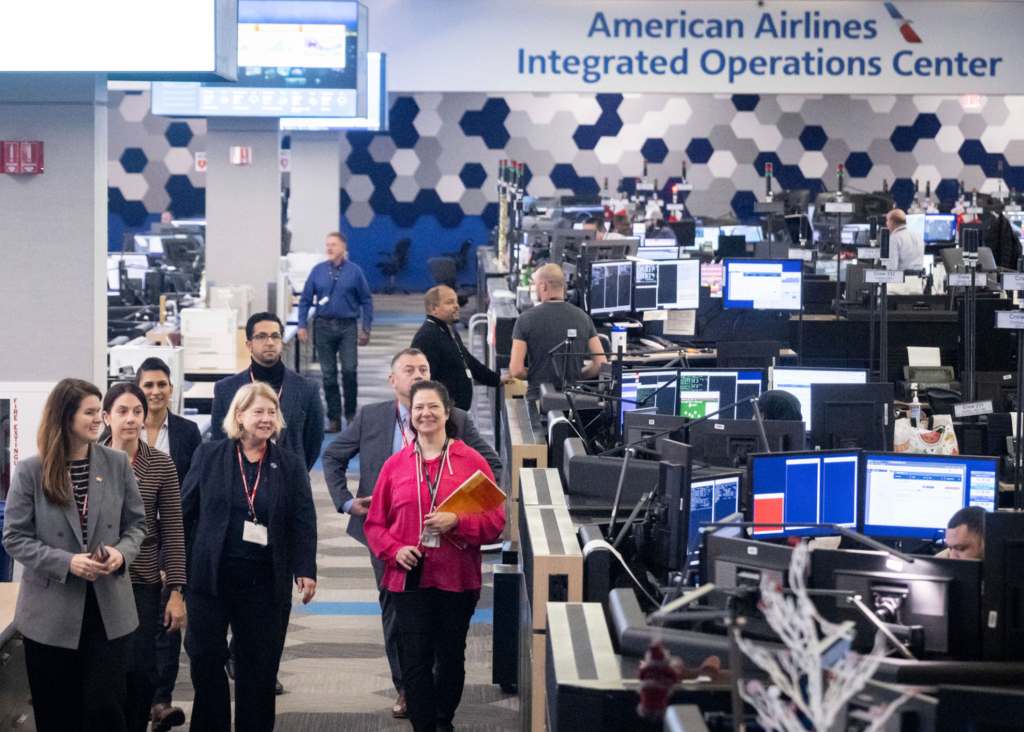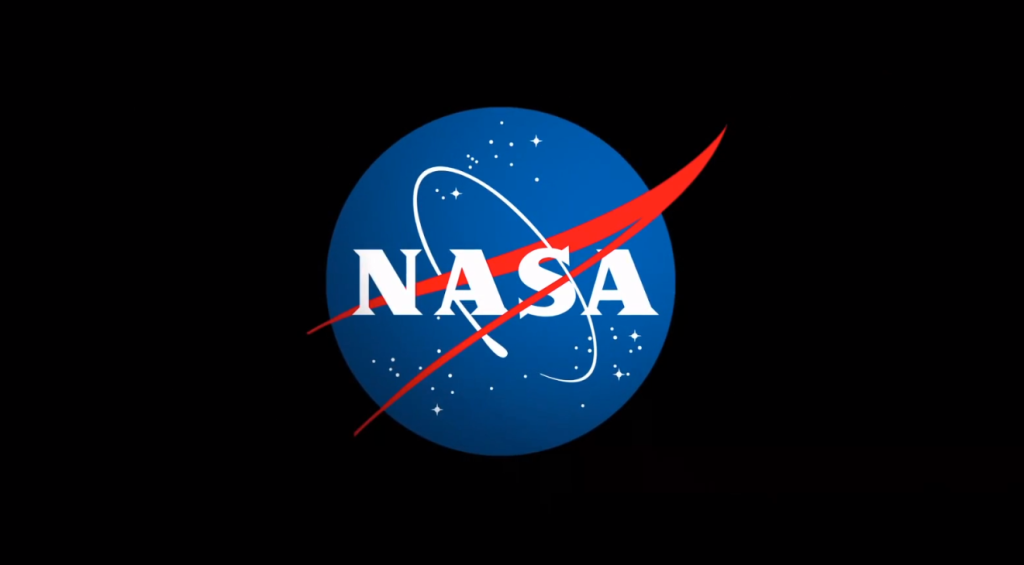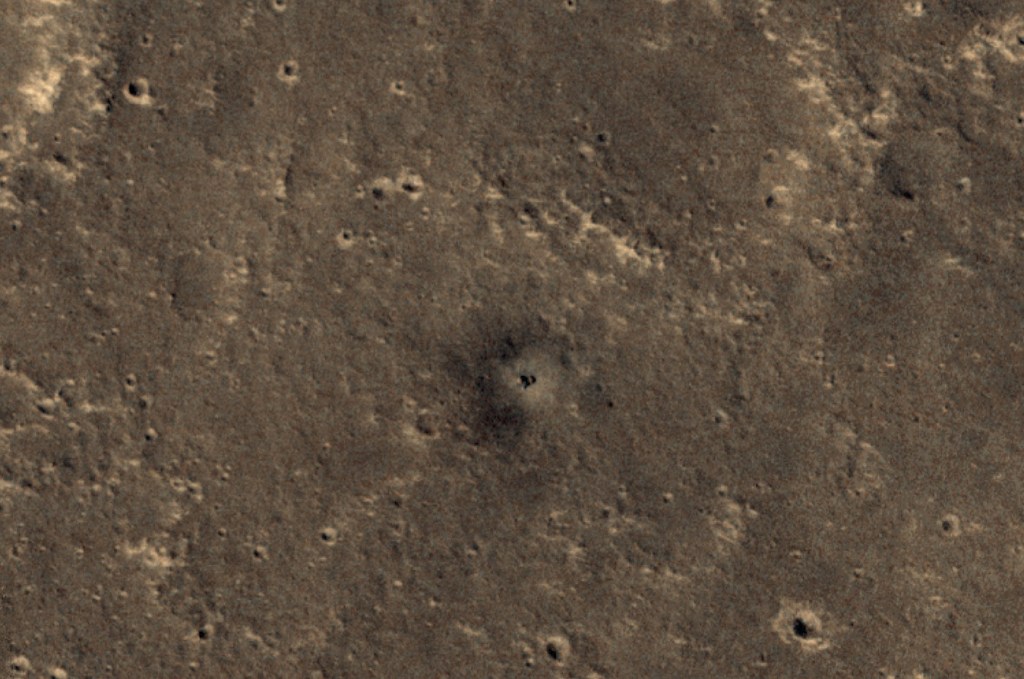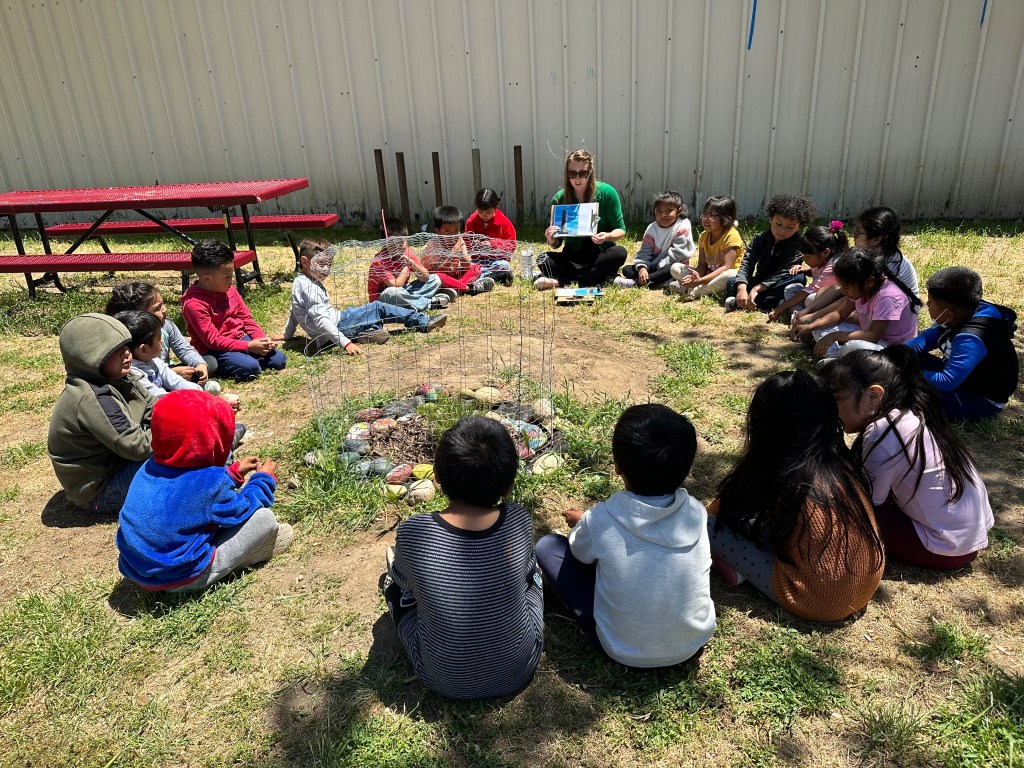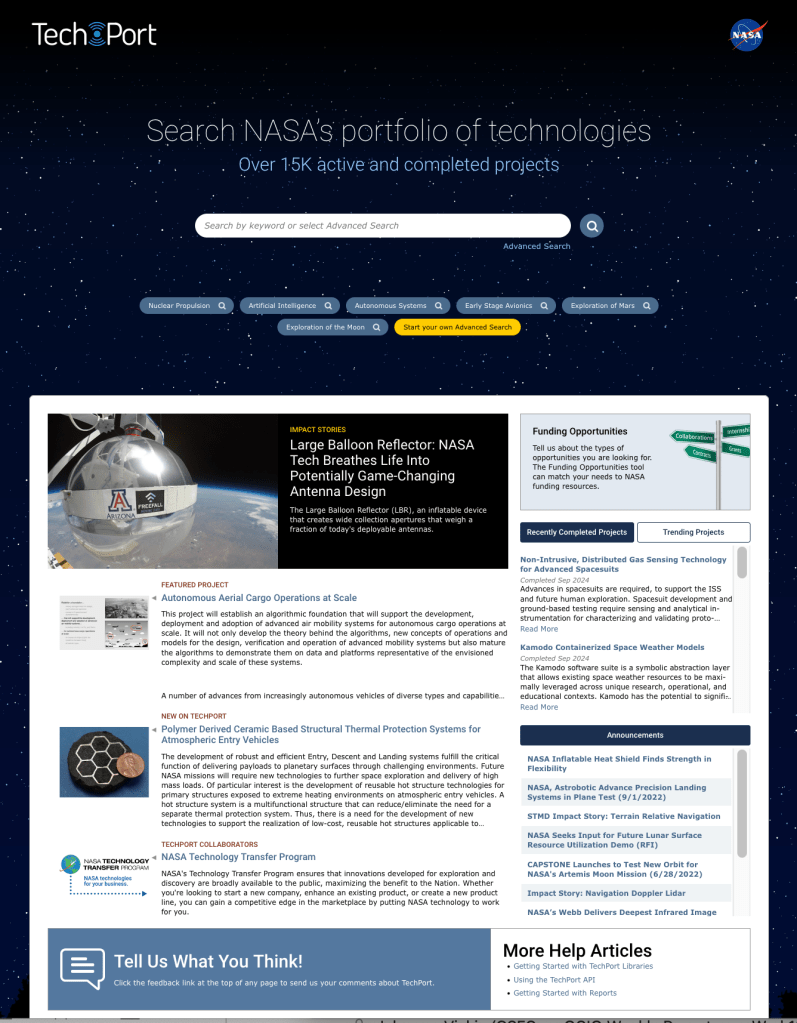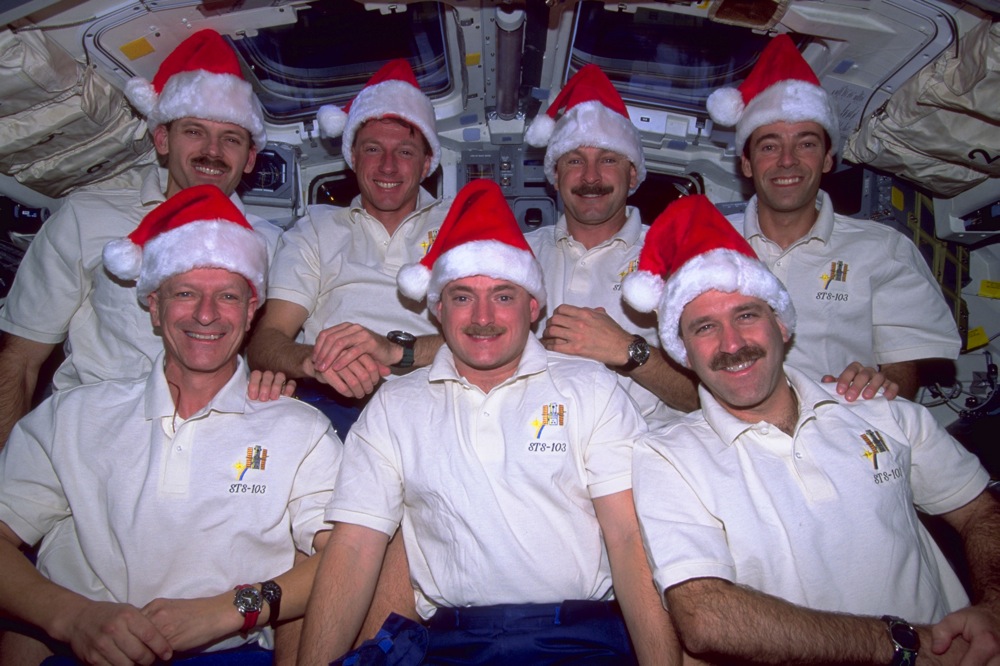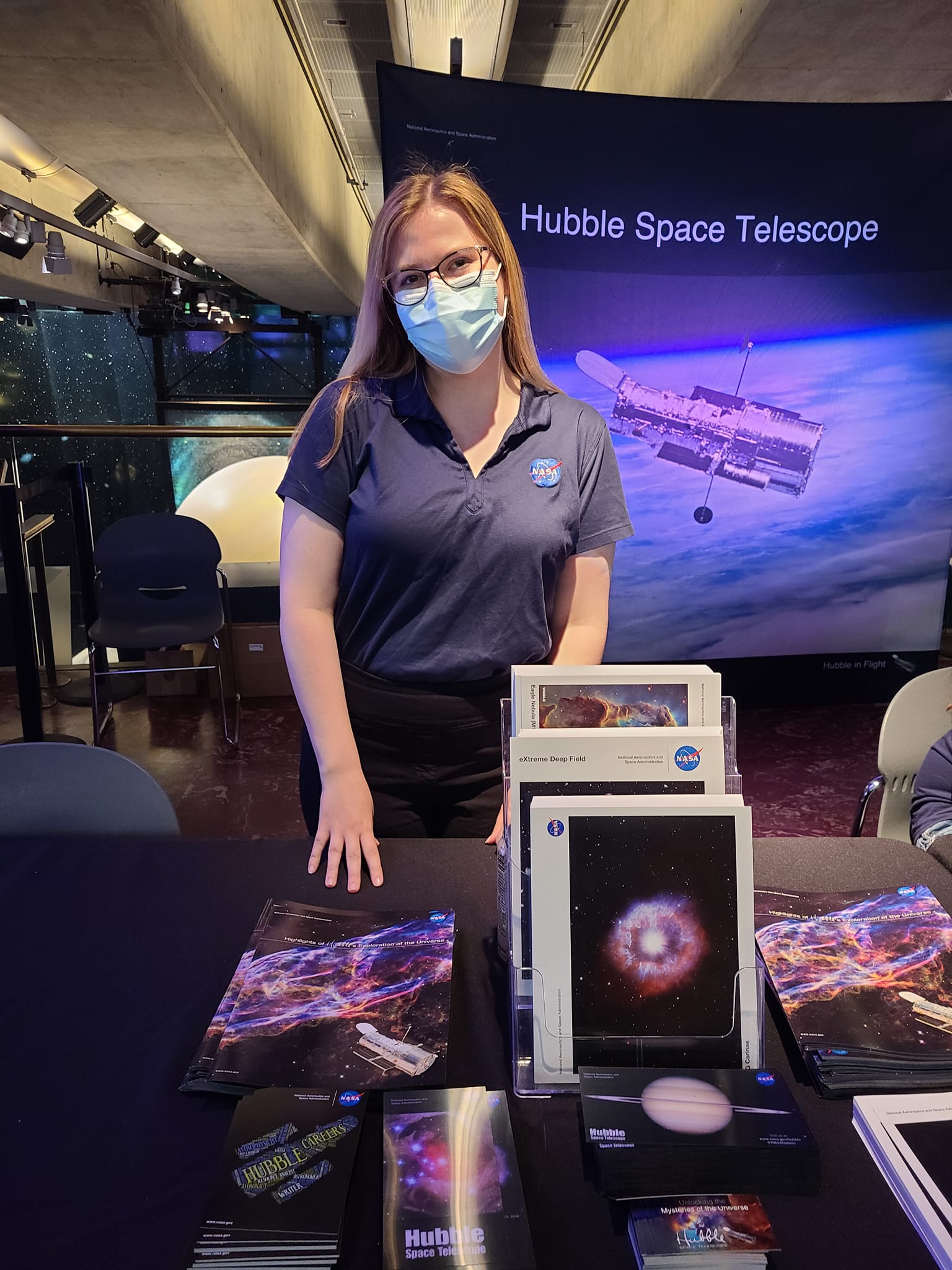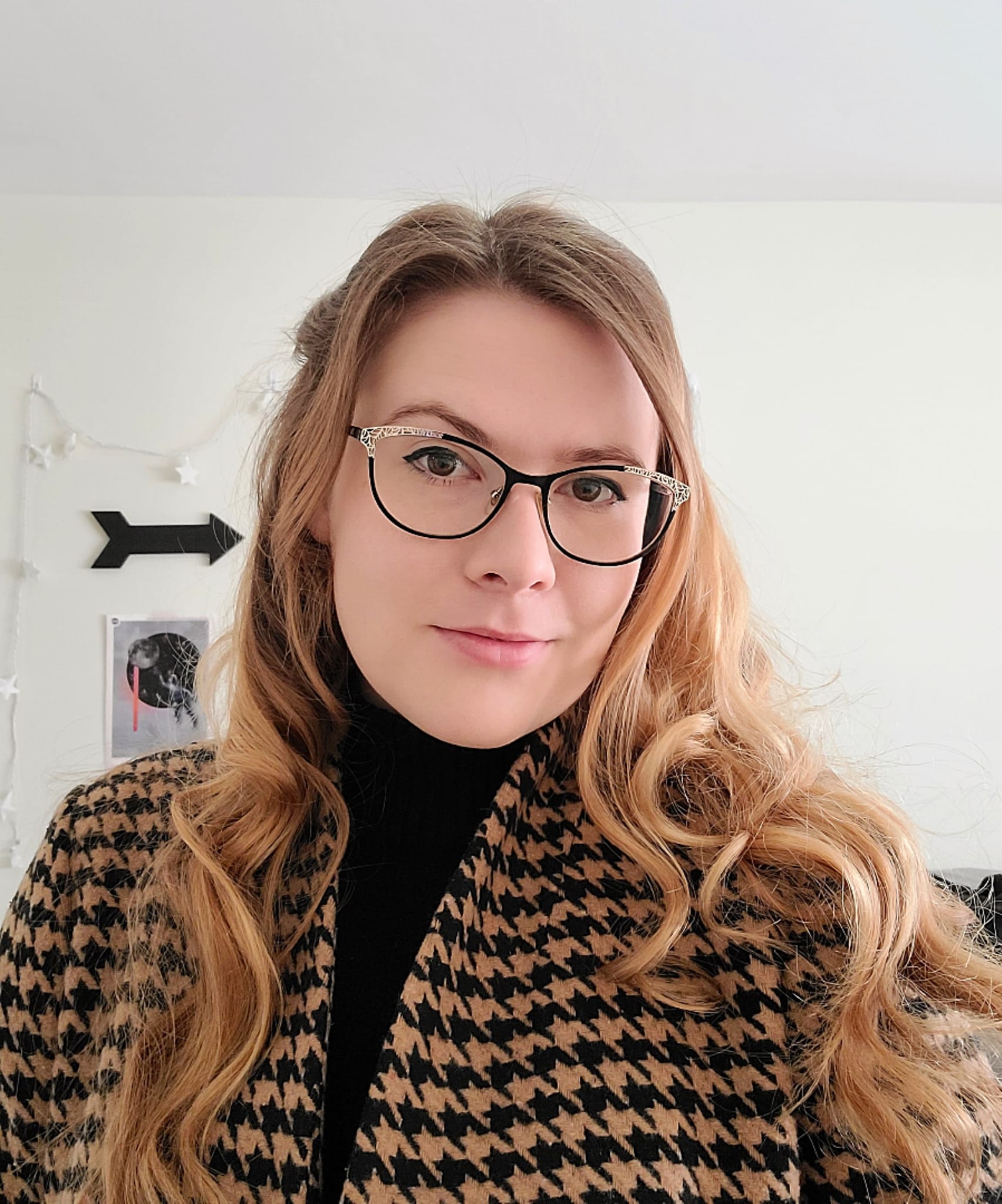
Name: Elizabeth Tammi
Title: Hubble Space Telescope Social Media Lead
Formal Job Classification: Communications Specialist
Organization: Hubble Space Telescope Operations (Code 441)
What do you do and what is most interesting about your role here at Goddard? How do you help support Goddard’s mission?
I am the social media lead for the Hubble Space Telescope mission at Goddard. In short, Hubble is an orbiting observatory that’s been in low-Earth orbit for more than 30 years. It’s one of NASA’s flagship missions, probably one of its most iconic missions. Hubble has shaped our understanding of how we imagine the universe — visually how we think about it.
I run Hubble’s Twitter, Facebook, Instagram, and Flickr, along with various other multimedia and communications tasks. We’re a very close-knit team, so we collaborate a lot, both within our team, and with other missions across the agency as well.
I’m primarily focused on social media and figuring out how are we going to share our news. On any given day, I might also be working on a script, editing news releases, or working with other accounts on social media campaigns. It’s different every day, which I really like.
What is your educational background?
I went to Mercer University, which is in Macon, Georgia. I graduated in 2020 with a degree in journalism and creative writing. There, they have a great program called the Center for Collaborative Journalism, which allowed us to work in newsrooms for academic credit. That was really useful, especially in this field, getting that hands-on experience and getting published from my freshman year on. I was eventually able to intern at Goddard the summer before my senior year. I really don’t think that would have been possible if I hadn’t had the audio production experience that Mercer allowed me to get, along with just all aspects of journalism, media, and communications.
How does your writing experience contribute to your role with Hubble?
I know how to write accessibly and in a straightforward manner. I’m hopeful anyone, regardless of their scientific background, could read a post and understand the gist of it and be interested in it. That’s the goal. I try to come up with interesting turns of phrase when I can. I also read our stories with the eye of the potential audience member: What are they going to care about? What is going to bring them into this story? What is going to make them want to read more?
Outside work, you’ve written and published books. What inspired you to decide to write?
There’s not a day I can remember where I wasn’t absolutely infatuated with books. I think my parents read to me long before I could even understand them. It was just always such a huge part of my life — and I loved, loved, loved reading. When I realized that actual people wrote books, then I knew I wanted to write. To be clear, I didn’t take real steps toward that until I was about 15, 16-ish years old, because I guess in my mind, I still had this idea that authors were more than human.
I’ve since had two novels published. Both are in the fantasy genre and earned complimentary reviews; my second novel even earned a Moonbeam Children’s Book Award.
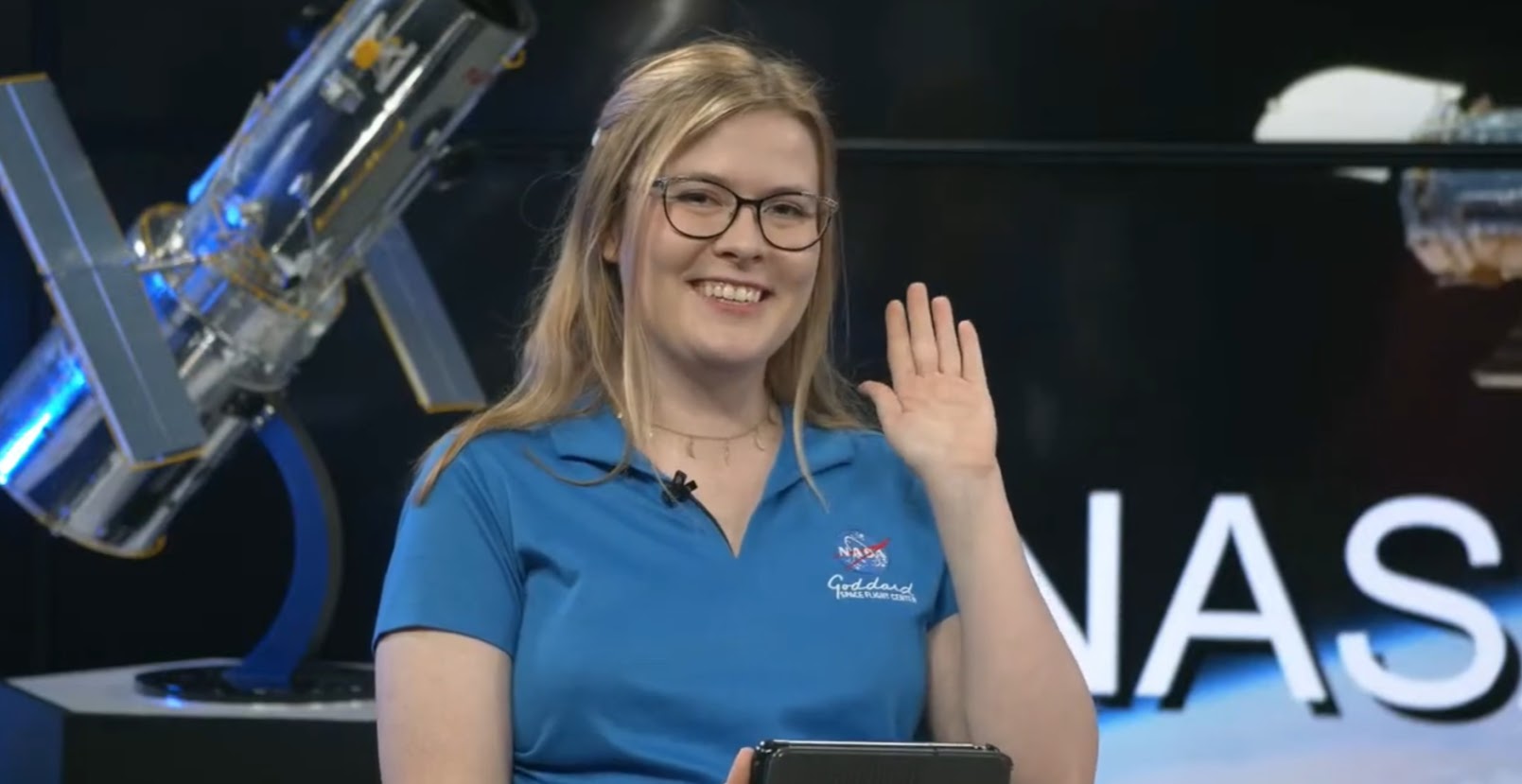
What do you most enjoy about sharing the Hubble story?
I think my favorite part is reading the comments that we get from the public, just because everyone has been so supportive of the telescope. Social media can put on display the best and worst aspects of humanity. It’s very nice to see this supportive corner of the Internet.
So far, what I’ve really enjoyed was our “Deep Field Week” social media campaign, which was around the 25th anniversary of the Hubble Deep Field image . To the unaided eye, this was a seemingly empty patch of sky. Hubble revealed it has countless galaxies. It was a really staggering finding and definitely was a huge cultural shift in how we think about our universe.
Previously, you were a NASA intern from the Summer of 2019 to May 2020. How has that experience shaped your current role?
It was absolutely vital. I don’t think I would be here in this position without that internship experience. It was the summer before my senior year of college. I got to go up to Goddard for summer 2019 and I was working primarily as an audio production intern, though the internship afforded me the opportunity to contribute to the newsroom’s work overall.
I worked with Katie Atkinson, who I also went to college with, and we got to work on the 50th anniversary of the Apollo 11 mission. One of my primary tasks that summer was working on an oral history campaign tied to Apollo 11’s 50th anniversary . We encouraged people from all over to send in audio accounts of what they remember experiencing when Apollo 11 landed on the Moon in 1969. Or, if they didn’t remember seeing it as it happened, how did the landing affect them and their view of the world, or their career aspirations, or if they have family stories tied to Apollo.
If I could describe my NASA experience with a book title, it would be the term “Galaxy Brain.” It’s when you have a normal thought but then you think harder, and it gets bigger. From the idea of constantly feeling mind-blown by the work that’s going on around me to being part of it makes me feel, “Oh my gosh!” This “Galaxy Brain” imagery symbolizes the enormous magnitude of everything that is interesting and mysterious. It’s just something that’s constantly engaging.
Conversations With Goddard is a collection of Q&A profiles highlighting the breadth and depth of NASA’s Goddard Space Flight Center’s talented and diverse workforce. The Conversations have been published twice a month on average since May 2011. Read past editions on Goddard’s “Our People” webpage.
By Elissa Fielding
NASA’s Goddard Space Flight Center, Greenbelt, Md.

